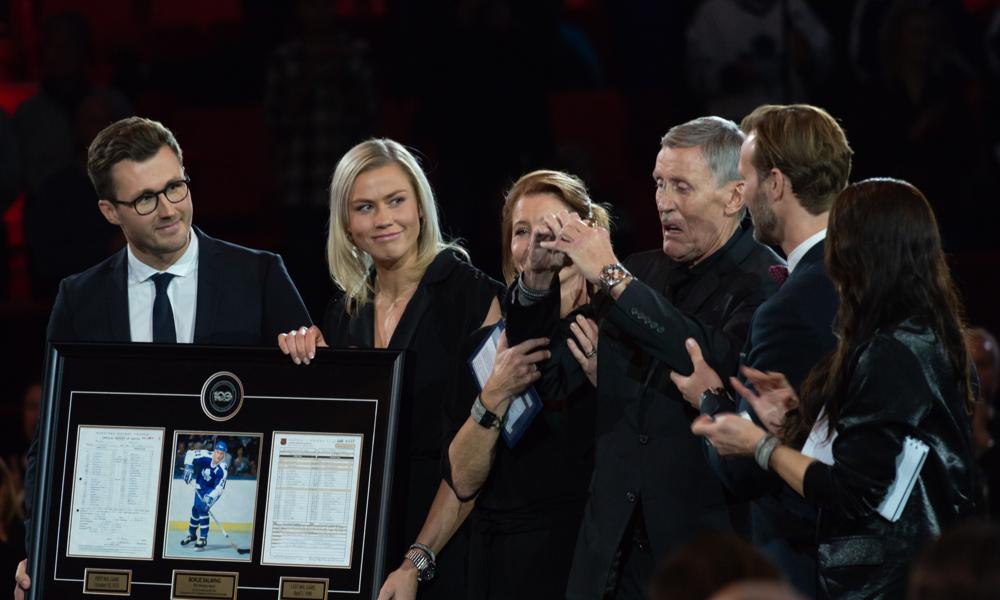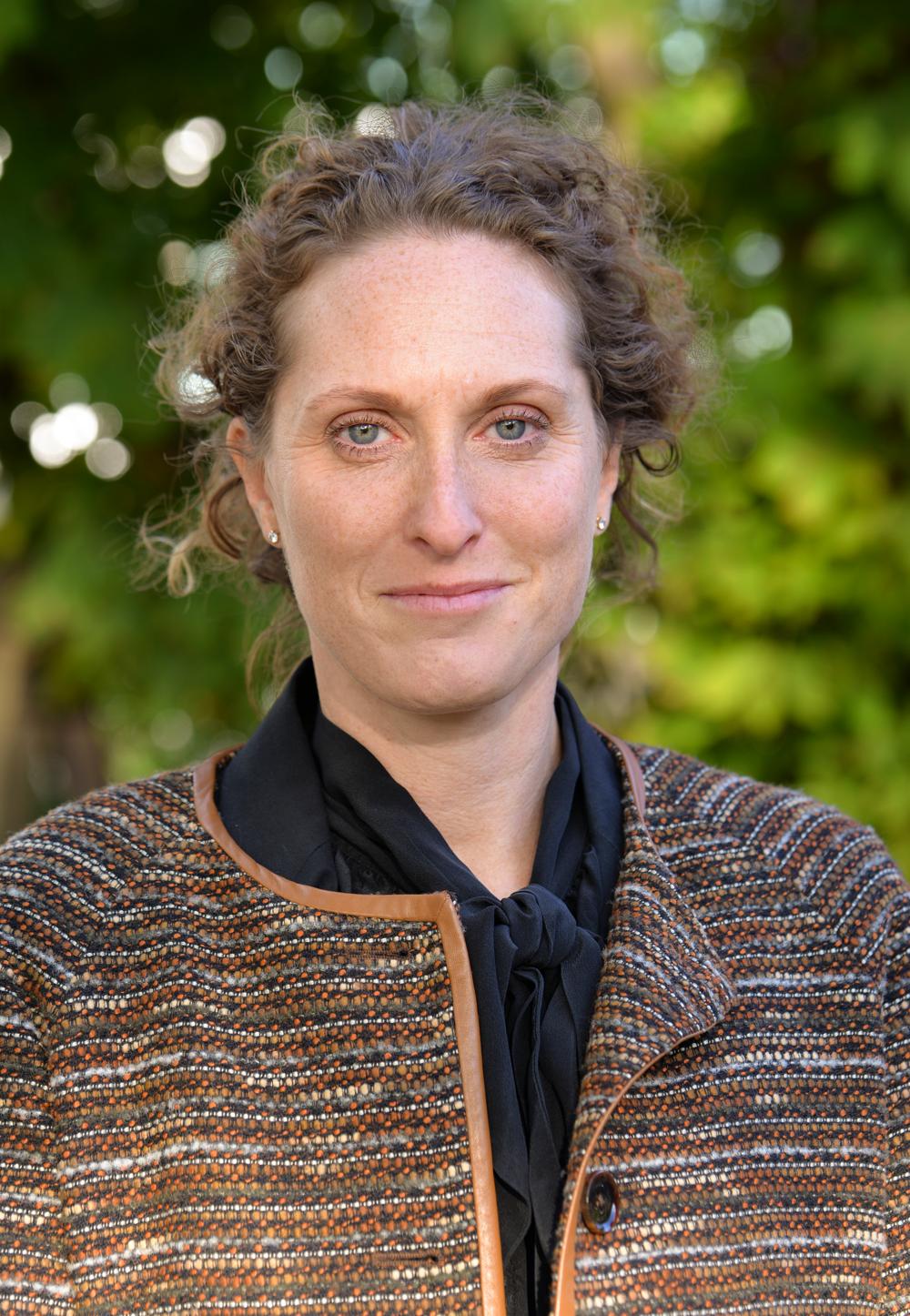Many Swedes followed the old ice hockey hero Börje Salming’s heart-breaking and uneven struggle against ALS, amyotrophic lateral sclerosis, which eventually ended his life. He was one of the approximately 350 people in Sweden who yearly suffer from the disease, the course of which inexorably breaks down the body’s muscles and leads to paralysis.
AnnonsThe causes of the disease are still a mystery to science. There are connections to various gene variations carried by approximately 10% of ALS patients, but that cannot be the full explanation.
“We have theories, but we don’t really know what causes the disease, and this also means that we don’t know who will be affected or when,” says Caroline Ingre, Senior Physician and responsible for ALS operations at Karolinska University Hospital.
The most common patient is a man in his 70s, but this does not mean that only the elderly are affected. In fact, the second most common patient group after 60-70-year-olds are women under 40.

The course of the disease is usually rapid. When Caroline Ingre meets a patient for the first time, it has often been over a year since the first symptoms appeared because it takes time for healthcare to find out what is wrong and to make a diagnosis.
Annons“When diagnosed, the patients have an average of two years left to live, although both faster and significantly slower disease progressions occur. The “fastest” patients deteriorate day by day or week by week. They can wake up one day and find themselves unable to move, e.g. their arm,” says Caroline Ingre.
There is no cure, but in recent decades, with multidisciplinary care and the effect of a drug called riluzole, survival has been extended by an average of a few years.
There are no other treatment options in Europe yet, but in the USA and Canada, two other drugs against ALS were approved in 2022. They are under trial in the EU, and Caroline Ingre believes they will be approved in due course. However, they do not have a revolutionary effect on the disease either.

The patients experience a gradual deterioration as more and more muscles wither and stop working. Virtually all patients lose the ability to speak either when the disease spreads far enough or if they are affected by so-called bulbar ALS, which directly affects speech and the throat.
“They say this is the most indispensable loss. Losing the ability to walk can be compensated with a wheelchair, and you still remain part of the family and the social context. But when your speech disappears, you are excluded from the social sphere.”
Eventually, the muscle strength in your hands will also fade away, leaving the patient unable to write or point. In contrast, the eye muscles seem to be more resistant, and eye motility remains unaffected for the longest time.
For many of the patients, a Swedish innovation, the eye-controlled computer launched by Tobii in 2005, has had great significance. In addition to being a means of communication, it gives the paralysed patient access to a number of other functions, such as reading the newspaper or writing text messages and emails.
AnnonsTobii’s so-called eye-tracker technology is also on the top 20 list of the most important Swedish medical technology innovations published by Life Science Sweden in the next issue of the magazine and on the Internet next week.
Caroline Ingre early became fascinated by the technology and what it could do for her patients, but she was also frustrated by the fact that many people were not given a chance to use it.
“It’s their voice, and it’s the only way for them to participate when the body has given up, but the brain persists. I have had patients who were entirely unable to communicate, and yet they were not given access to this technology. It made me extremely upset.”
Today, the technology is developed within the spin-off subsidiary Tobii Dynavox, where Caroline Ingre has now been on the Board for a year.
“I was approached by the company and accepted, basically because I think this is a suitable product for my patients and similar patients. It’s a crucial technology to develop, and it’s important for me to be involved and to be able to influence it,” she says.
Annons